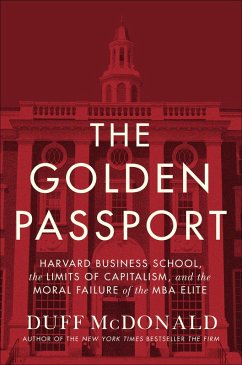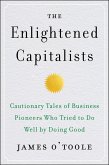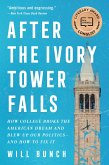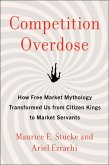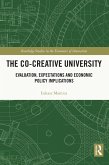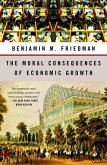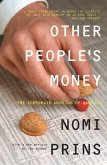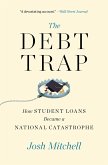From the New York Times-bestselling author of The Firm: "A massively detailed history of Harvard Business School... and a searing critique." -Kirkus Reviews WithThe Firm, financial journalist Duff McDonald pulled back the curtain on consulting giant McKinsey & Company. InThe Golden Passport, he reveals the inner workings of a singular nexus of power, ambition, and influence: Harvard Business School. Harvard University still occupies a unique place in the public's imagination, but the Harvard Business School eclipsed its parent in terms of influence on modern society long ago. A Harvard degree guarantees respect. But a Harvard MBA near-guarantees entrance into Western capitalism's most powerful realm-the corner office. And because the School shapes the way its powerful graduates think, its influence extends well beyond their own lives. It affects the organizations they command, and the economy they dominate. In addition to teasing out the essence of this exclusive, if not necessarily "secret" club, McDonald explores two important questions: Has the school failed at reaching the goal it set for itself in 1908-"the multiplication of men who will handle their current business problems in socially constructive ways"? Is HBS complicit in the moral failings of Western capitalism? At a time of soaring economic inequality and growing political unrest, this hard-hitting yet fair portrait offers a much-needed look at a profoundly influential institution. "Exploring how Harvard Business School became a ticket to the highest echelons of money, power, and influence, McDonald chronicles the school's history in an irreverent, cynical, and frequently funny exposé of its pretensions."-Publishers Weekly "Impressively researched... I suspect McDonald won't be invited to campus anytime soon, but perhaps he should be: Agree with him or not, he deserves credit for raising questions that every business school needs to be asking." -The New York Times
Dieser Download kann aus rechtlichen Gründen nur mit Rechnungsadresse in A, B, BG, CY, CZ, D, DK, EW, E, FIN, F, GR, HR, H, IRL, I, LT, L, LR, M, NL, PL, P, R, S, SLO, SK ausgeliefert werden.
Hinweis: Dieser Artikel kann nur an eine deutsche Lieferadresse ausgeliefert werden.

